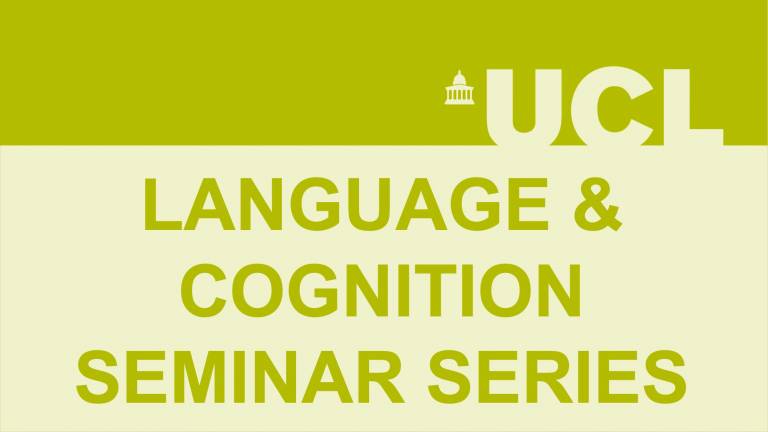Language & Cognition seminar - Dr Matthew Mak
08 June 2022, 1:00 pm–2:00 pm

Wednesday, 8 June 2022. 1-2pm UK time. "The contribution of episodic memory and subsequent sleep-related consolidation to the updating of lexical knowledge." Talk held online (please contact the organiser for joining details).
This event is free.
Event Information
Open to
- All
Cost
- Free
Organiser
-
Disa Witkowska – Language & Cognition
The contribution of episodic memory and subsequent sleep-related consolidation to the updating of lexical knowledge
Traditionally, language and memory research are separate from each other. However, a growing body of evidence showed that language and memory are closely interlinked. A recent theory, known as the episodic context account, highlights a role of episodic memory in language comprehension (Gaskell et al., 2019). It posits that during comprehension, an episodic representation for the discourse is generated, binding different elements (e.g., words) in the discourse together. In turn, this episodic representation may provide a source for updating lexical knowledge and facilitate future comprehension. We tested this account in three experiments, where participants first read familiar words (e.g., helicopter, balloon, loan, vomit) in meaningful naturalistic sentences (e.g., the helicopter is not ready for retirement). Following this exposure, we tested how the processing of the familiar words may be affected, both immediately afterwards and 12 hours later (including daytime wakefulness or an overnight sleep). The three experiments showed clear involvement of episodic memory such that the specific context in which a word appeared primed subsequent processing of the word towards that context. We also found that this priming effect was stronger after sleep than after wake, suggestive of sleep-related consolidation, which is known to stabilise and strengthen episodic memory. Overall, our studies provided converging evidence for the routine involvement of episodic memory and subsequent sleep-related consolidation in language comprehension, which, in turn, provides a source for updating lexical knowledge.
About the Speaker
Dr Matthew Mak
at Department of Psychology, University of York
More about Dr Matthew Mak Close
Close

